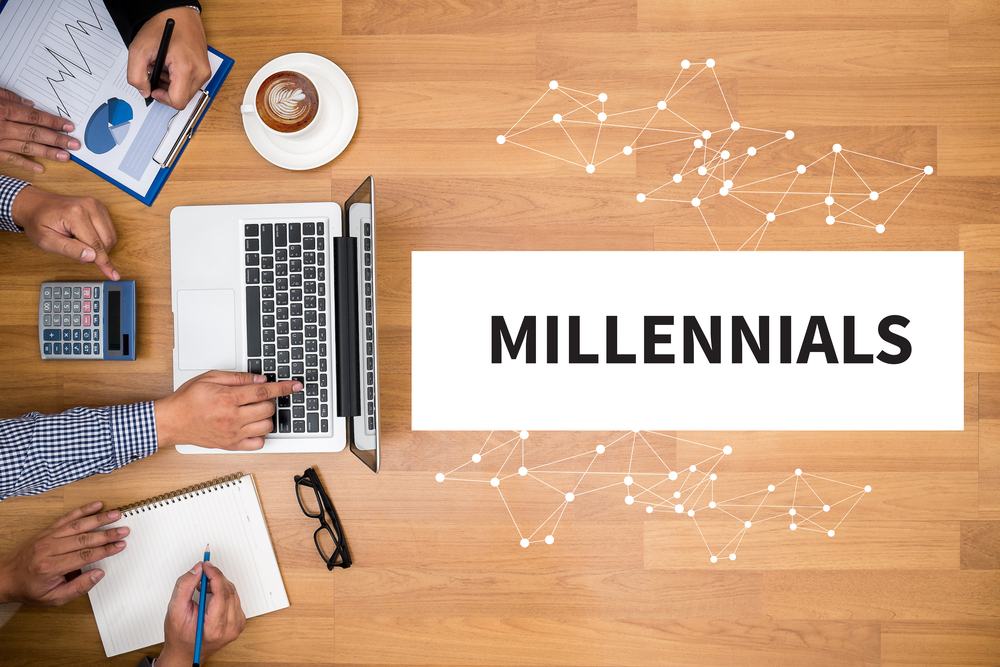The role of “the millennial” is very interesting in the working world. While there are numerous startup companies focused on digital content and output, those that have grown up around computers naturally gravitate towards these, but what happens with the industries that are more antiquated, like the manufacturing industries, factory jobs in general, as well as transportation, and generally manual-oriented work? It appears there is a disparity between generations, as the baby boomer generation is coming up to retirement, and the manufacturing industries are struggling to fill their roles. You can’t underestimate the toll of robotics on the manufacturing industry as well, adding anxiety to the current workforce. But it’s abundantly clear that we have to get the younger generations interested in the roles performed by baby boomers. How can we do this?

Shutterstock – Stock photo ID: 404838631
Generating Interest
Awareness of the manual labor industries from the perspective of millennials is minimal. It’s not something they necessarily grew up around. If we can work at generating more interest and encouraging an overall appreciation of the process it takes to build machines and similar products, this could be a way to save the industry. Because manual labor comes with a preconceived notion, that it’s predominantly physical, where the staff is overworked and underpaid, perhaps the key lies in generating a new perspective…
Offering Sufficient Rewards
Because the cliché is that manual workers are overworked and underpaid, we have to highlight the industries where the salary is more than expected. And, surprisingly, this is across the board. Not just in the more obvious areas like the construction industry, but even the highest paying trucking jobs are a good wage. Because a lot of the younger generations are enticed by apprenticeship schemes, and those that come from a poorly educated background tend to get involved in manual labor and similar industries, if it is possible to show upfront these industries are well paid, it may go some way to offset these negative stereotypes.
Nurturing The Much Younger Generations
Not only this, but working at the underrepresented social groups and giving them an appreciation of manual and skilled labor as something that’s not just well-paid, but also a sensible life choice is a useful tool. After all, as the baby boomer generation is beginning to retire, we need to fill these roles with people that have the same skills. There is a lack of focus on practical skills now, and if we can start at nurturing the younger generations to be handier, and develop manual skills in conjunction with their digital skills, we may very well be able to sustain the industries where there is a significant gap in employment.
While it’s a considerable challenge, if we start to encourage the millennials towards manual skills, with a combination of sufficient perks as well as staying away from the stereotypical image, this can help, not just the industry in general, but the infrastructure for the future. As there is an over-reliance on the digital side of things, we will find soon enough there will be a struggle on our hands.
